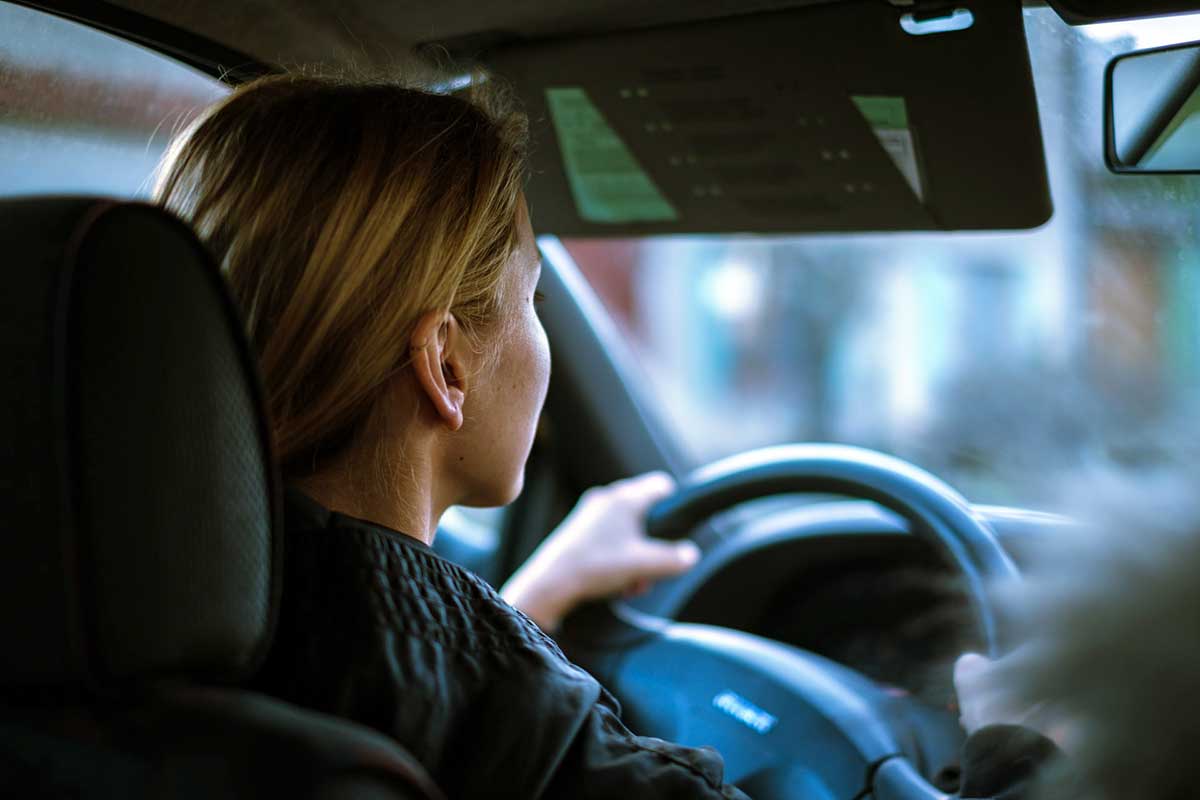BEIRUT: At Coral, the safety and wellbeing of the next generation of Lebanese is paramount. And yet, despite everything Lebanon has endured, and despite every effort to promote road safety by authorities, every day we continue to hear reports of young people involved in car accidents, and far too often the crashes prove fatal. In fact, over 500 people die in car crashes every year in Lebanon, which averages the worst car accident victim rate per capita in the world.
These disturbing numbers have not gone unnoticed: Several Lebanese non-governmental organizations strive relentlessly to drive home the importance of safe motoring, and the media never fails to highlight the consequences of reckless driving by reporting every fatal accident. And while we recognize the dangers of speeding, driving under the influence of alcohol, or failing to use seatbelts, we continue to ignore a critical factor.
Of the hundreds of road deaths that take place each year, at least 35 percent, are between the ages of 15 and 29.
Like everything else, safe driving habits come with experience, and while we can teach a teen to drive, have them memorize road signs and make them recite motoring rules, experience cannot be taught. Developing the reflexes, the restraint and the judgment needed to navigate roads safely literally takes years, but unfortunately most kids are handed the car keys as soon as they pass their driver’s test and receive a license.
It is therefore important for parents, or older siblings, who are most concerned about the safety of teens behind the wheel, to realize that they’re the ones who can set the ground rules to keep the kids safe while they gather the needed experience.
The number of factors that can come into play while driving is mind-boggling: navigating the car, shifting gears, watching the car in front for sudden stops, keeping an eye on the car behind in case we have to brake, watching out for drivers who pass by too close or cut us off, keeping an eye out for road hazards, avoiding potholes, slowing down for speed bumps, keeping under the speed limit, driving in inclement weather, taking care crossing intersections or past side streets, driving at night, operating the car radio, being distracted by passengers, keeping an eye on critical gauges, and so on and so forth.
For most of us all that has become second nature, but not so for a teen who just earned his or her license. In this situation, the old adage about learning to walk before you can run holds true. To keep teens safe while driving, those distractions need to be eliminated until they have accumulated a measure of experience behind the wheel.
For starters, they should not drive unsupervised until they demonstrate responsible motoring. They are more likely to drive responsibly with an adult in the car, and over time that practice can become an ingrained habit. Also, by supervising their driving, we can identify their weaknesses and correct them before they become bad habits.
Restrict driving hours to daytime. Until teens are sufficiently versed in motoring while it’s light out, expecting them to drive safely at night is unrealistic: Their automatic reflexes have yet to develop, and nighttime driving will only confuse them. They will also be fatigued at night, which means their reflexes and judgement will be compromised, and visibility will be reduced, obscuring road hazards and signs.
Prohibit passengers in the car other than a parent or a supervising older sibling. Passengers, especially other teens or raucous youngsters, can be distractions, drawing the teen’s attention from the road to a conversation, an argument or just frivolity that can be catastrophic in a car.
Minimize or ban distractions such as music, food or beverages in the car. One second with their eyes off the road to change a radio station or CD, to unwrap a burger, or to place a soda in the cup holder can mean the difference between ramming into a motorist who just braked and slowing the car safely.
It goes without saying that teens must understand the perils of drinking and driving, the importance of wearing their seat belts and not talking on cellphones, and the impact of being a good role model cannot be overestimated. You must demonstrate, without fail, the sort of behavior you want your child to adhere to behind the wheel.
Also remember that teens by nature are risk-takers. We always hear people saying it’s better to arrive a few minutes late than to risk your life. The truth is teens don’t speed to get to their destinations faster, but because they think they have something to prove. Whether it’s to demonstrate their imagined driving “expertise,” a response to a bruised ego, or an answer to a dare, reckless speeding can get them killed.
Make sure they understand that driving is not a right but a privilege, which if abused, can be taken away just as easily as it was granted. Back the warning with action; if the rules are breached, take away the keys. It’s better to have a disgruntled child safe at home than the alternative.





